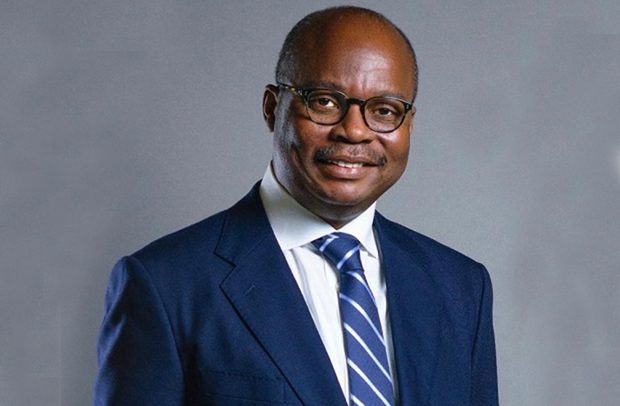Dr. Ernest Addison – Governor of Bank of Ghana
Since the inception of Bank of Ghana’s Domestic Gold Purchase Programme (DGPP) in June 2021, the bank has added over 7.70 tonnes of monetary gold to its gold reserves as of June 30, 2023.
According to the central bank, mining firms accounted for about 80 per cent of the reserve and the remaining 20 per cent was from the Artisanal Small Scale Mining Sector through an approved aggregator.
In June 2021, the bank formally launched the Domestic Gold Purchase Programme (DGPP) and started converting its domestic asset into a foreign asset through the purchase of locally produced gold in local currency and converting same into monetary gold.
The key objectives of the programme were to increase foreign exchange (FX) reserves; diversify the FX reserves portfolio; foster confidence in the economy through improved FX reserves and to double the central bank’s gold reserves of 8.77 tonnes in five years.
“Indeed, we are on course to more than double the level of the central bank’s gold reserves by the end of this year, well ahead of the target initially set,” the bank added.
The Governor of the Bank of Ghana, Dr. Ernest Addison revealed this at the 2023 Ghana Mining Expo held in Takoradi on Friday, July 14, 2023.
It was on the theme “Sustainable Mineral Resources Development and Well-Being of Mining Communities”.
The event was under the auspices of the Ministry of Lands and Natural Resources, in collaboration with Ghana Gold Expo Foundation and the Western Regional Coordinating Council.
It was to showcase Ghana’s mineral resource potential, promote the country’s mining sector to the international community, and build strong partnerships to develop the country’s mineral resources for the sustainable development of the nation.
Dr. Addison said gold has remained an important reserve asset and was still widely held by central banks across the world.

Dr Addison (right) with Kwabena Okyere Darko-Mensah and Samuel Abu Jinapor
He disclosed that between 2018 to 2020, gold production constituted seven per cent of Ghana’s Gross Domestic Product (GDP) and employed 200,000 workers, with the Artisanal Small-Scale Mining (ASM) sector contributing 37 per cent of total gold production.
He added that in 2019, Ghana was cited as the largest producer of gold in Africa and the sixth largest in the world by the World Gold Council.
Gold For Oil
The Governor of the Bank of Ghana revealed that the Gold for Oil Policy initiated by the current government has yielded significant results.
He mentioned specifically that the initiative has provided foreign exchange resources to meet petroleum products importation, led to increased competition among market players and lower ex-pump petroleum prices.
“The initiative has also provided some stability in the foreign exchange markets. These positive developments have contributed to easing price pressures and thereby supporting the central bank’s efforts to bring down the high inflation levels,” he revealed.
He explained that the introduction of the Gold for Oil Policy was critical during the recent economic crisis, particularly, in the last quarter of 2022.
He said the crisis affected the foreign exchange market and led to very large adjustments in the exchange rate and distorted forward exchange rate quotes which was used to price petrol.
He revealed that at the time, domestic ex-pump petroleum prices were changing rapidly with associated upward adjustments in transport costs, due mainly to the sharp currency depreciation and rising headline inflation.
“Government intervention to directly engage oil producers became critical in obtaining cheaper fuel from the Oil for Gold arrangements,” he disclosed.
He explained that the Gold for Oil programme was structured such that gold is purchased mainly through the Precious Minerals Marketing Company (PMMC) from licensed small-scale miners and Community Mining Schemes to support the importation of petroleum products.
From Emmanuel Opoku, Takoradi


